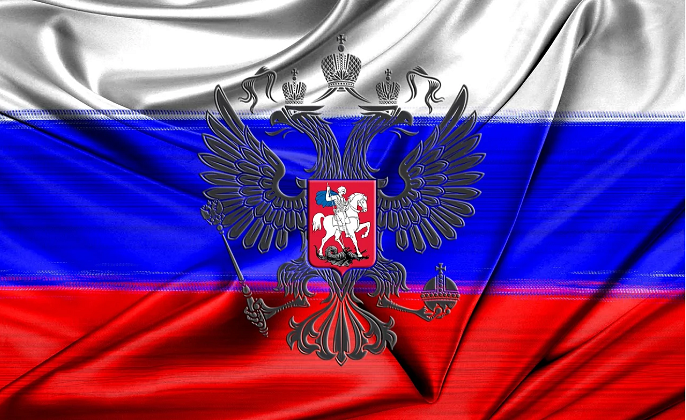Russia Adopts Law To Fine Persons Accessing Extremist Content

Russia will officially start prosecuting individuals who search for extremist content online, according to a new law. Lawmakers voted the legislation through on Tuesday, 24 July, as the country continues to intensify its crackdown on “misinformation” and dissent amid its ongoing invasion of Ukraine.
Until now, enforcement actions have focused almost exclusively on those distributing this type of information. However, the expansion of criminalization means that even individuals consciously looking for or accessing this content may face fines ranging from 3,000 to 5,000 rubles (some $38.27 to $63.78) for searching for content deemed "extremist."
The law is aimed at limiting access to a register of 5,473 sources that Moscow considers to host “extremist content.”
The interpretation of the law is particularly troubling, as the concept of “extremism” is very loosely defined. For example, even the “international public LGBT” movement is considered to be an extremist agenda, according to the government. This leaves the door open for someone facing legal action simply for using a search engine to look up non-CIS-gender-related content.
Freedom of expression and access to information have been under fire in Russia since at least 2001, but there has been a dramatic downward slide since the start of its "special military operation" in Ukraine. In 2024, Russia moved to ban a number of popular communication services, including Discord and Viber.
At the same time, there has also been a tightening of restrictions around circumvention tools to get around these content blocks. Last year, Apple was directed to remove 25 VPN apps from its App Store, while Russian authorities are moving to implement a total ban on all VPNs within the country.
Normally, people would rely on the encryption and IP masking that a VPN provides for increased privacy while accessing sensitive content. However, under the new restrictions, advertising or selling VPN services is punishable by fines of between 50,000 and 500,000 rubles (approximately $637.84 and $6378.40 USD).
A small group protested against the new legislation outside the Duma building in Moscow as the Federal Assembly voted. However, several were arrested, along with two journalists.



Please, comment on how to improve this article. Your feedback matters!